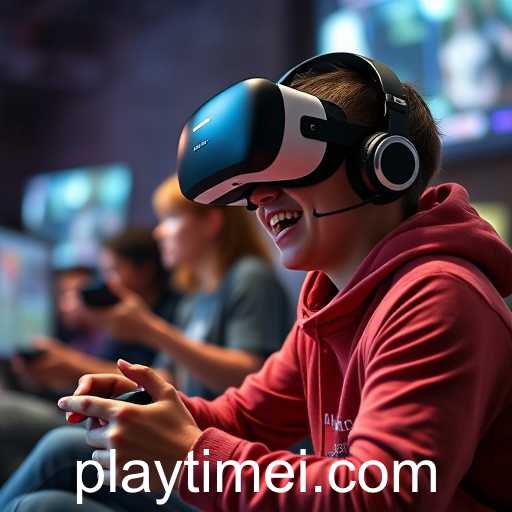As technology continues to evolve, the realm of digital gaming has undergone significant transformation. In 2025, the concept of "play time" extends beyond traditional on-screen activities, delving into immersive and interactive experiences that reshape how millions of people engage with games globally.
Virtual reality (VR) has become a cornerstone of gaming platforms. While VR technology was around for several years, 2025 sees it reaching new heights of realism and accessibility. The precision in motion sensors and leaps in graphical fidelity create environments so immersive that players often find themselves losing track of real-world time, thus re-defining the traditional parameters of "play time." As a result, discussions around time management and digital wellbeing have become central themes in gaming communities.
The dynamics within gaming communities are also evolving. Cooperative and competitive play has surged in popularity, facilitated by the expansion of high-speed internet and advanced computing. Games that once divided players into isolated experiences now emphasize collaboration across expansive online universes. The lines between reality and virtual life blur as players form worthwhile friendships, working collaboratively to solve challenges and earn achievements.
As play time increasingly intertwines with social interaction, the gaming sector finds itself at the forefront of community building. Innovations such as haptic feedback and AI-driven personal assistants enhance player engagement, fostering spaces where players from diverse backgrounds come together in shared experiences. Platforms emphasize safety and inclusivity, striving to craft welcoming environments where play time serves not only as entertainment but also as a means of personal expression and social connectivity.
The current landscape signifies a departure from conventional gaming notions. As we traverse through 2025, "play time" manifests in multifaceted experiences, embracing emerging technologies and expanding communal interactions. These trends underscore a pivotal transformation in how societies perceive and interact with digital worlds, ensuring gaming remains a vibrant and evolving part of cultural discourse.








